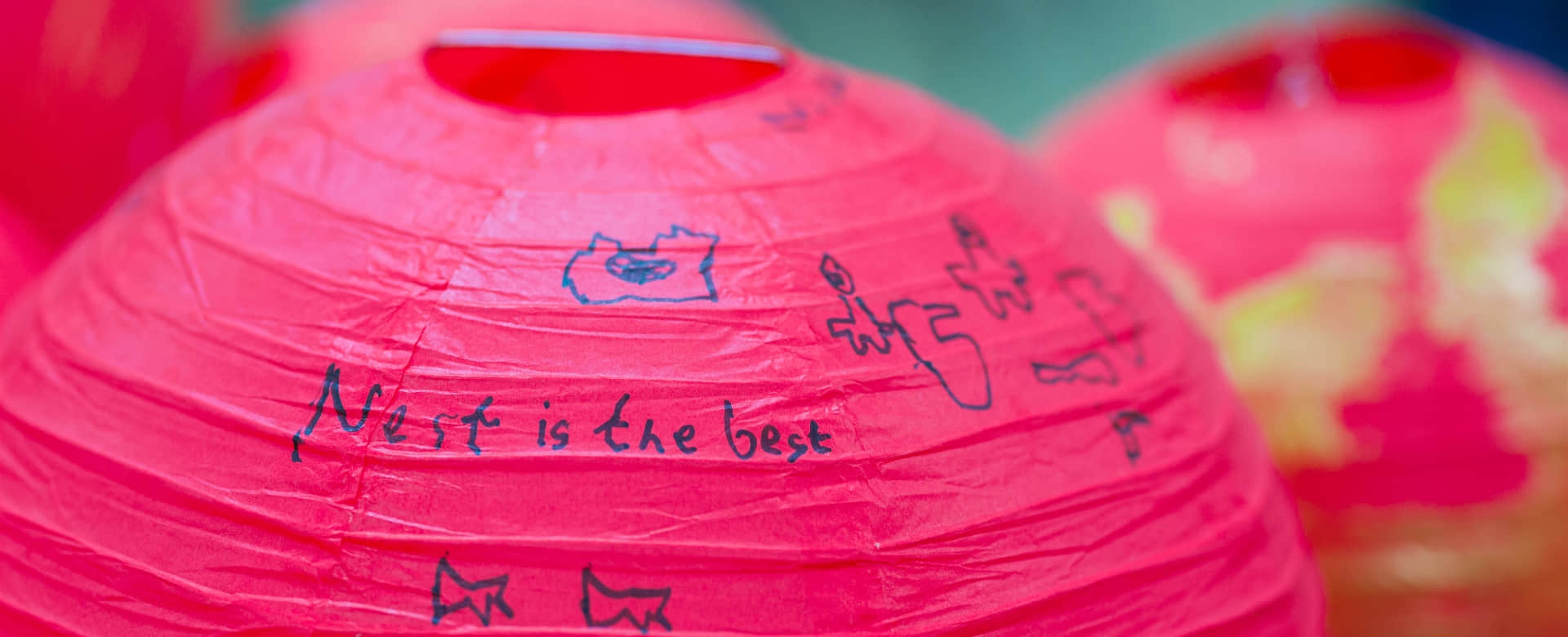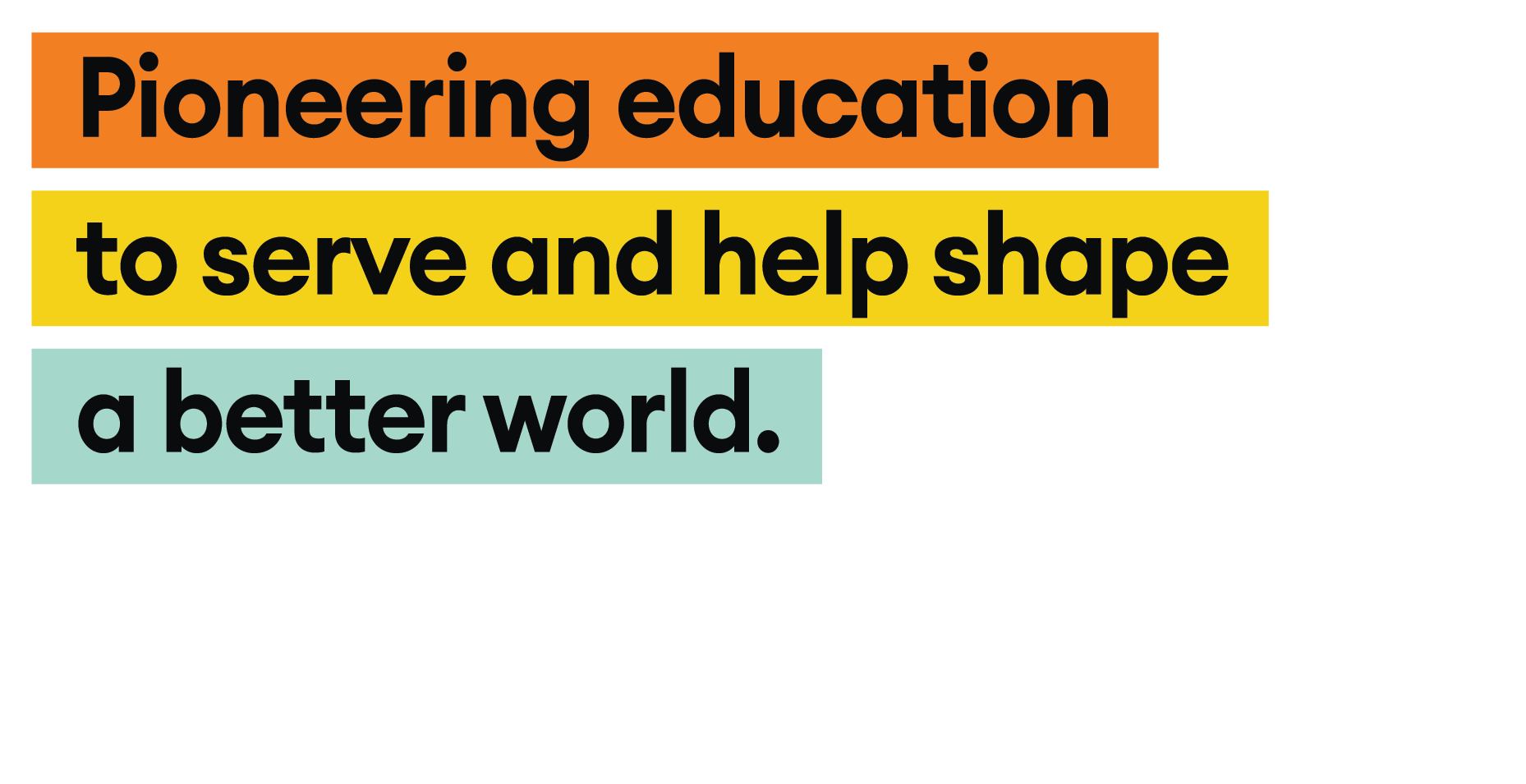Educational Insights | "I am learning to block play."

Jan Bennett
Head of Early Years
In the "I am learning to…" series of articles and videos, we aim to explain the purpose behind the different types of play-based learning we offer the children who attend Wellington College Bilingual Tianjin Nursery.
When we work in the early years we use play-based learning to introduce new concepts and language to children. As educators, we have a clear plan in mind and know the benefit of the provision we make for the children. Here we will explore the different areas of learning the children make progress in when they engage in block play. Every year group has access to a set of small and large wooden blocks, both inside and outside.
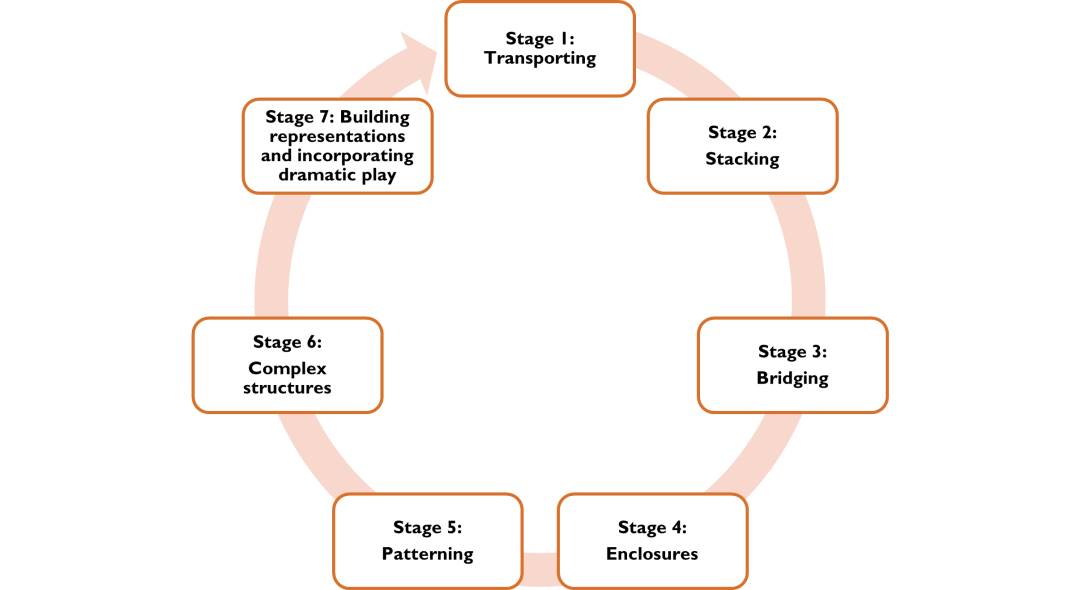
Seven stages of block play
When handling blocks, children learn to sort, match, count, compare and measure. It also develops their logical thinking and promotes an understanding of size, shape, length, pattern and weight. Through bridging, they are learning positional words, geometrical forms and they begin to name shapes. When creating enclosures, they are developing the concept of perimeter.
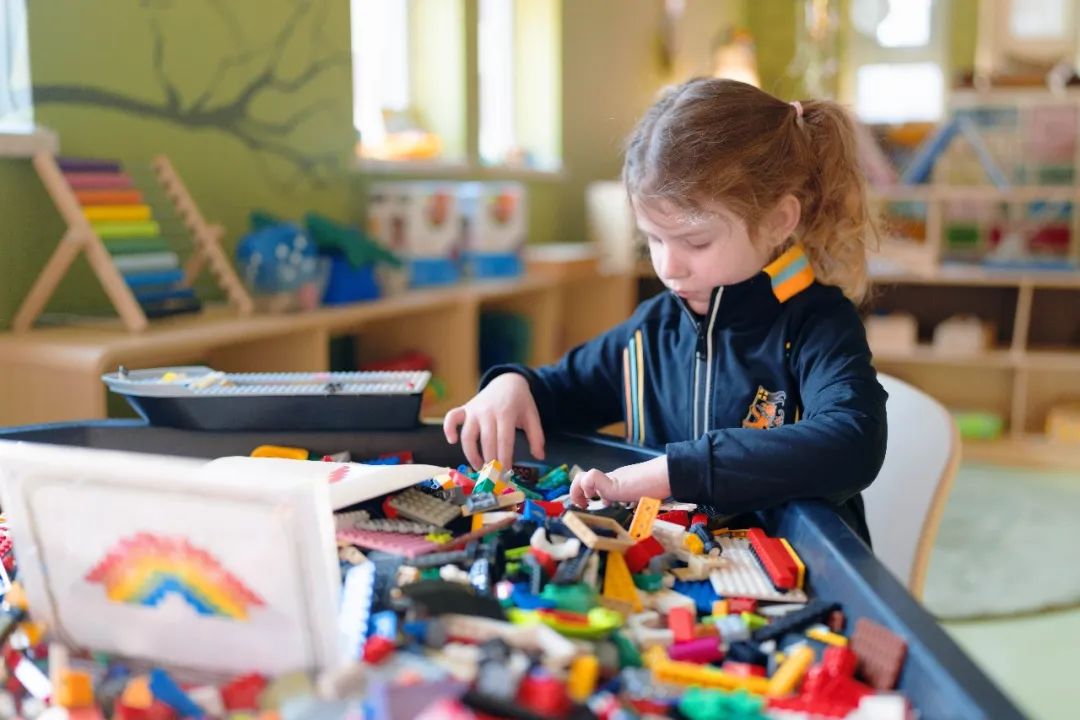
There are 8 benefits of block play that our children are exposed to through our continuous provision in the Nest. The children can make their own choice to access block play or may be directed to use blocks to solve a problem or to explore a provocation for learning. Our highly skilled teachers are able to design learning provocations and challenges that help children to want to engage with block play and enhance their learning potential.
1. Increased Attention Span
When children play with blocks and begin to construct, they usually become engrossed and spend long periods of time on their creations. This is because they are persevering to create something that they have a particular vision of. They want to build the tallest tower they’ve ever built, or they want to make a ramp that their cars can go up to reach the castle. They often play for longer than they normally would on other activities, especially when the activity is self-chosen. When we decide to do something, we often do so because it interests us or excites us. The skill of our teachers is making block play an inspirational area of learning to explore!
2. Cooperation with Others
When children build with siblings or friends, they are developing social skills – most importantly cooperation, or, collaborative learning. Building a structure together takes a lot of give-and-take. Children must share blocks, agree on what to build and how to build it, negotiate the tasks involved and sort out disagreements along the way. The art of negotiation is one of the core skills when working in the STEM field according to employers.
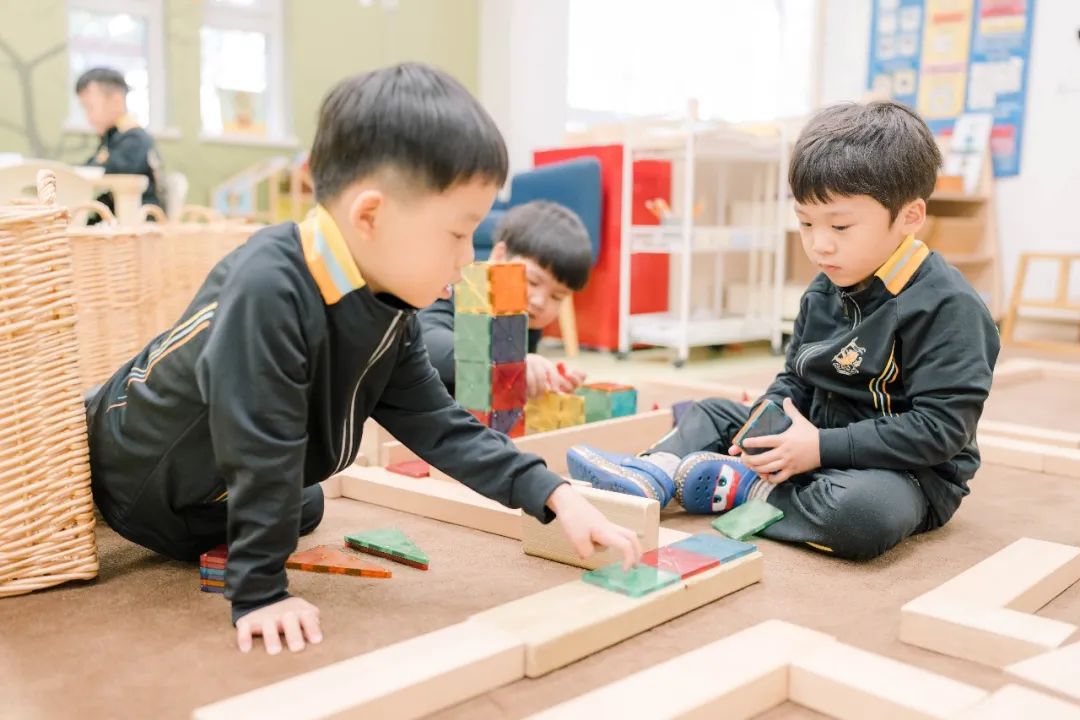
3. Motor Skills
As children progress through the various stages of block play, they develop their fine motor and gross motor skills as they move and manipulate the blocks. Believe it or not, developing large and small muscle groups, especially through manipulating resources such as large and small blocks is what enables children to learn to write. The physical act of writing will not happen effectively without provision to develop these muscle groups.
4. Science Concepts
Many early science concepts are developed through block play. Children learn about gravity, weight, stability and balance as they build and explore. We can introduce the scientific language of forces and look at concepts of civil and structural engineering while we interact with children during block play.
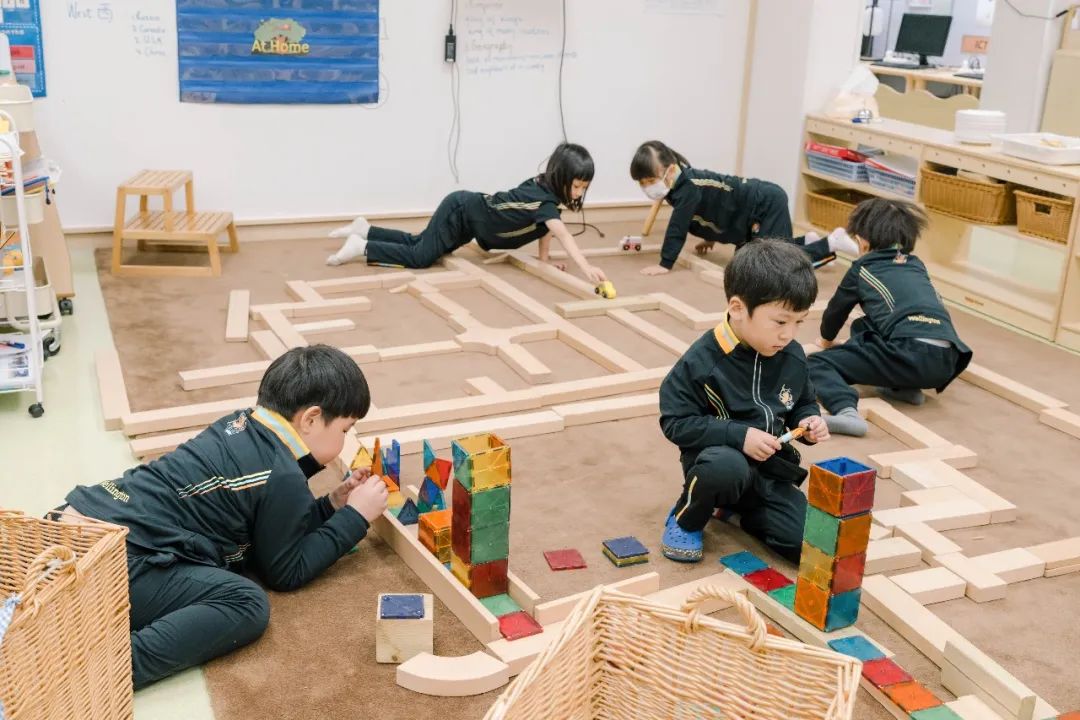
5. Early Maths and Number Concepts
Children learn early mathematical concepts from a young age before they start formally learning the skills. One of the best activities for learning these skills is block play. A child may be able to say the numbers up to 10, but only through playing with objects like blocks do they develop an understanding of the value of 1 object, 2 objects, etc. They develop one-to-one correspondence.
This understanding of the value of numbers is essential if more complex mathematical concepts are to be understood. Also making comparisons of numbers, sizes and lengths and shapes.
6. Language Development
As children construct, they like to verbalize what they are creating. This is a great opportunity for developing vocabulary and language because new concepts and words may come up. In the Nest, we are able to support the development of their mother tongue and English as we support and scaffold their vocabulary, sentence structure and comprehension. Through skilled narratives and questioning by teachers, we can extend their speaking, listening and understanding. For example, as we question a child about what they are building, we introduce new words to describe the building, such as levels, floors, ramp, stable, extension, taller, shorter, complex, etc.
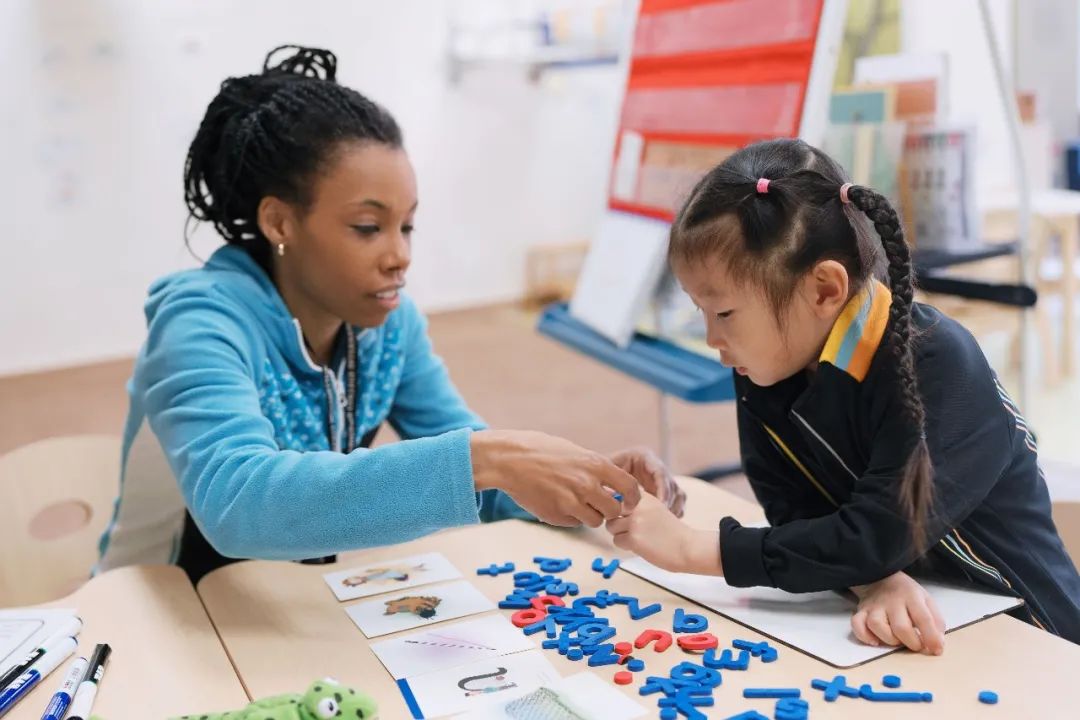
7. Problem Solving
Before they start building, they need to think about and plan what they will create. Then, they need to work out the mechanics of how it is going to work – how it will stand, be steady, be wide enough, tall enough, etc. You may not realize it, but this kind of thinking at such a young age is what develops the skill that enables children to solve math word problems or work creatively on their school projects. They are doing this independently!
8. Spatial Perception
Spatial awareness is a complex cognitive skill that tells us our position relative to objects around us, and the relative position of objects to each other. It involves understanding the concepts of direction, distance, and location, and it’s at the heart of learning and performing countless tasks. It helps us do things like read maps, walk up spiral staircases, and navigate crowded rooms. They make sense of what they see (visual perception) and learn to navigate their environment (motor planning).
Therefore, when our children engage with block play, they are learning to do all the aspects listed above.
Related Articles








 Channel
Channel 
 Linkedin
Linkedin  Weibo
Weibo  Facebook
Facebook  Ins
Ins 


